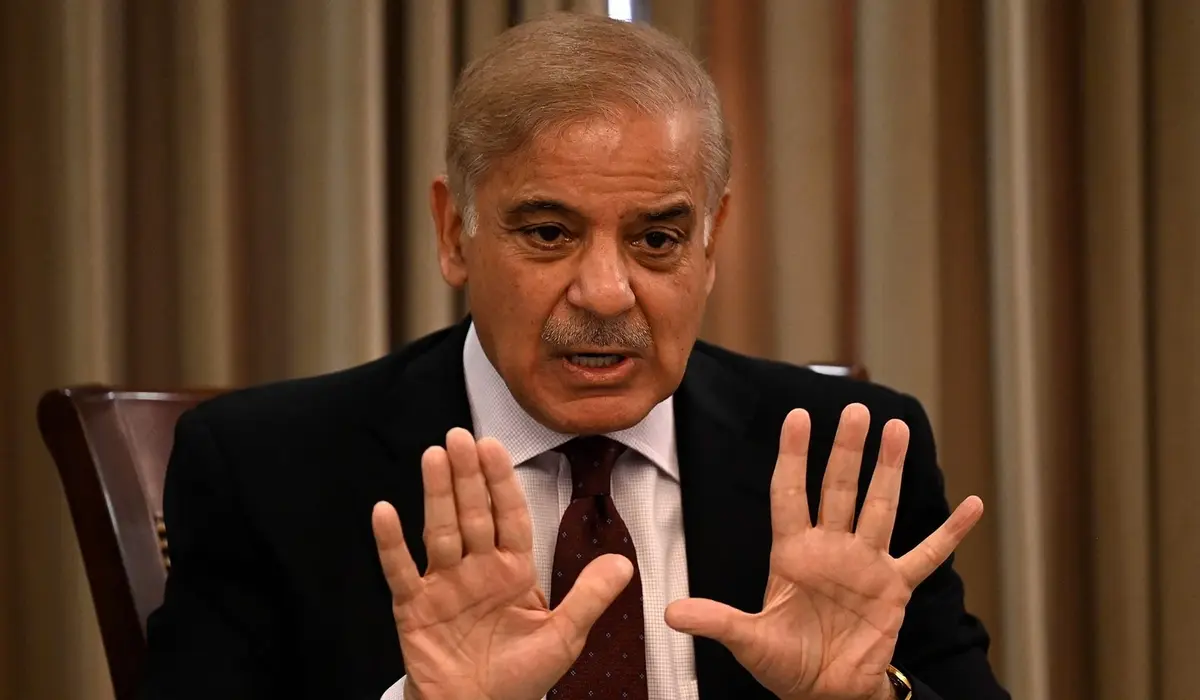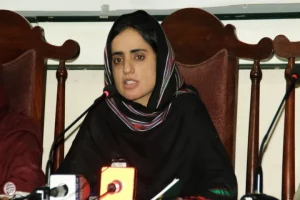In a last-minute effort to retrieve the stuck bailout loan from the International Monetary Fund (IMF), Pakistani Prime Minister Shehbaz Sharif met ambassadors from the Western, European and Asian countries on Monday to plead the country’s case with the lender.
A desperate Sharif reportedly persuaded over half-a-dozen ambassadors how Islamabad has made progress over the IMF’s conditions to steer the country away from an economic default. The Express Tribune reported that the “meeting took place just 11 days before the expiry of the current IMF programme, which could also be the last such interaction”.
Citing sources, the newspaper said that Sharif had invited ambassadors of the US, the UK, France, Germany, the EU, Japan, China, Saudi Arabia, Qatar and the United Arab Emirates.
Islamabad has been negotiating with the IMF for the release of $1.1 billion, which is a part of the $6.5 billion bailout package agreement signed between former prime minister Imran Khan’s government with the IMF in 2019.
Since the signing of the pact, only $2.7 billion remains from the $6.5 billion agreement, which if not given in the coming days will automatically expire on June 30. This forced the Pakistani Prime Minister to meet the envoys of the rich and powerful nations so that they may do the bidding on Pakistan’s behalf.
However, numerous media reports suggest that the IMF may have decided not to disburse the remaining $2.7 billion funds to Pakistan. This became clear after the IMF Executive Board did not list Pakistan as an agenda item for its meetings till June 29, after which the loan expires automatically.
A Bloomberg report on Monday said that the IMF’s criticism of Pakistan’s recent budget is a signal that the agency may not release funding that Pakistan needs to keep its economy afloat. Ankur Shukla, South Asia Economist for Bloomberg Economics, warned that the Pakistani economy is likely to be hit hard if the country does not get the IMF aid by June-end. He said that this would result in a dollar crunch, lower growth and high inflation.
Shukla also said that Pakistan has to repay $900 million in debt this month and an additional $4 billion between July and December this year.
Pakistani newspaper The Business Recorder reported that the IMF delayed the disbursement since November 2022, “due to the failure of the government to implement agreed time-bound conditions and structural benchmarks, as well as, violation of the spirit of the agreed seventh/eighth review particularly with respect to controlling the rupee rate artificially without the necessary reserves to intervene in the market and extending unfunded subsidy”.
Reportedly, the IMF is also unhappy with the Sharif government’s budget, which has not expanded the tax base, has cut down on resources for the vulnerable sections of society, cut down on development spending and has reduced the fairness of the tax system.
It has been a long walk for Pakistan to bring its economy on the brink of default and push its people to near-starvation levels.
For decades, the South Asian country has repaid its previous loans through fresh loans with almost all of its democratic governments and military dictators rushing to the IMF for easy money.
Decades of borrowing has pushed its public debt, both internal and external, to Pakistani rupees 58.6 trillion. All-weather ally China too shoved Pakistan into a debt trap with its fanciful mega projects executed through high interest rates. Of the external debt, almost 30 per cent is held by China courtesy the China Pakistan Economic Corridor (CPEC) – an ambitious project close to President Xi Jinping’s heart.
The other reasons for Pakistan’s financial woes include lackluster governance, its obsession with defence and military spending, corruption among its political and military elite, rising fundamentalism and oil imports. Recent developments impacting the nation’s economy include the Russia-Ukraine war that impacted food imports, rising inflation, massive floods and falling forex reserves.
For the moment, even as the country lurches towards a payments default, its political leadership has been busy settling scores with opposition and its powerful military battling friends-turned-foes – the Tehreek-e-Taliban Pakistan (TTP) militants.




















